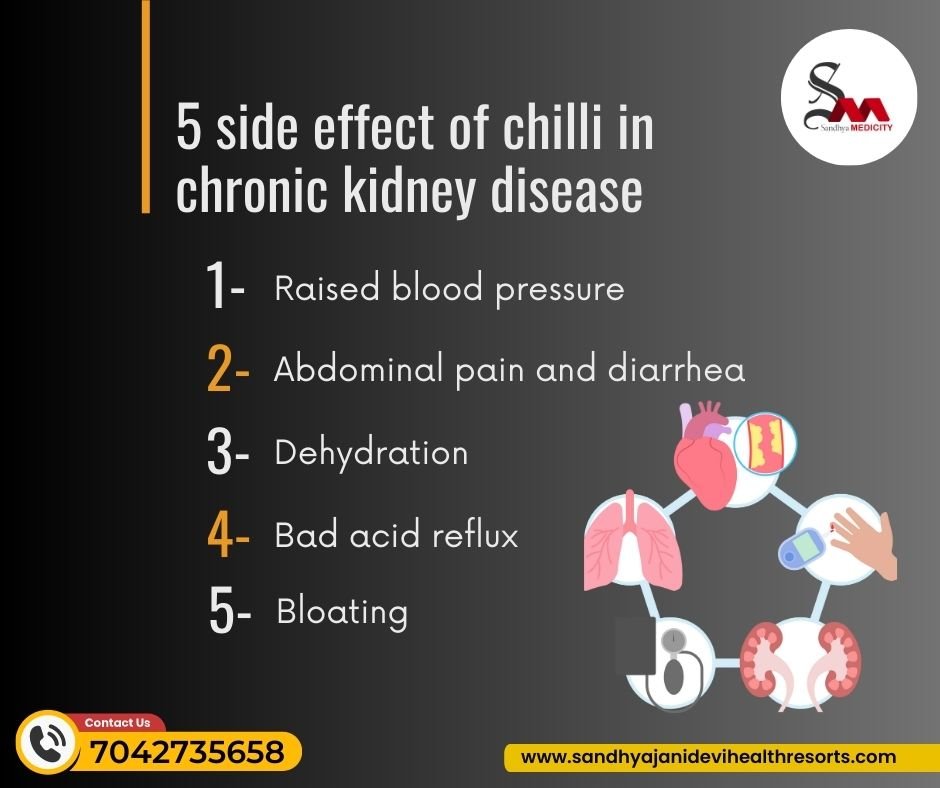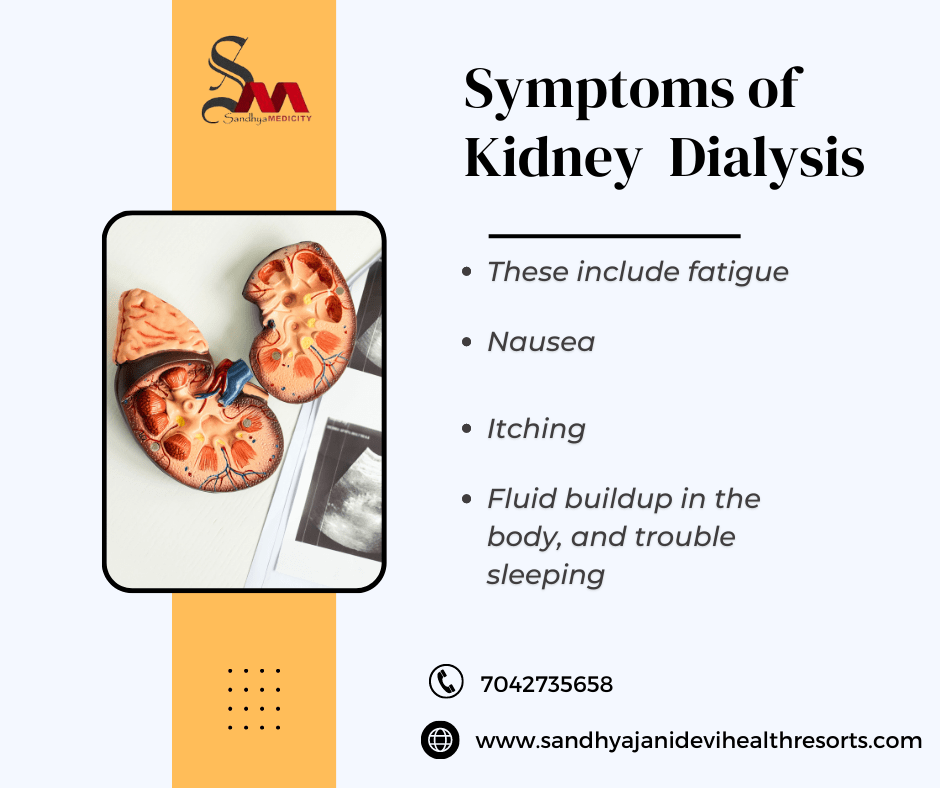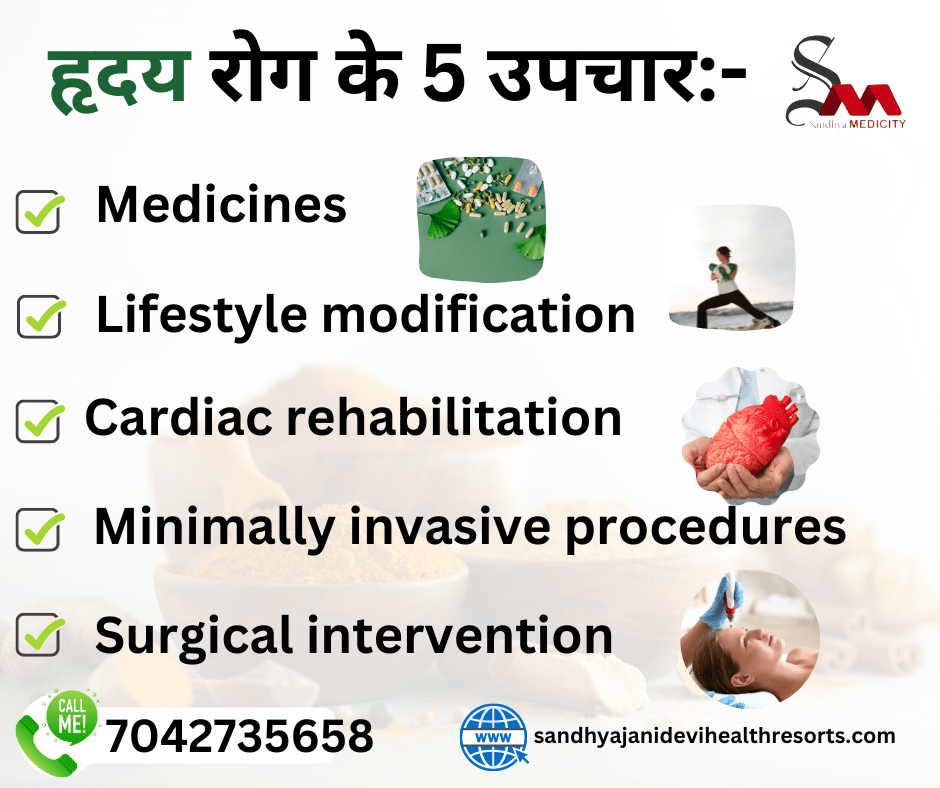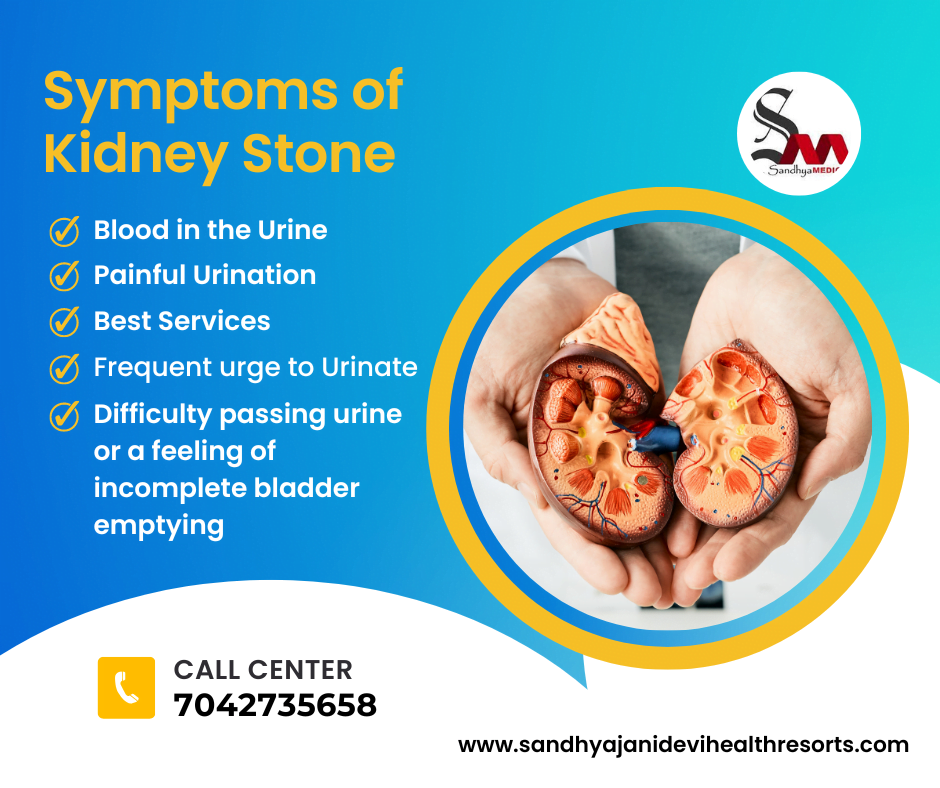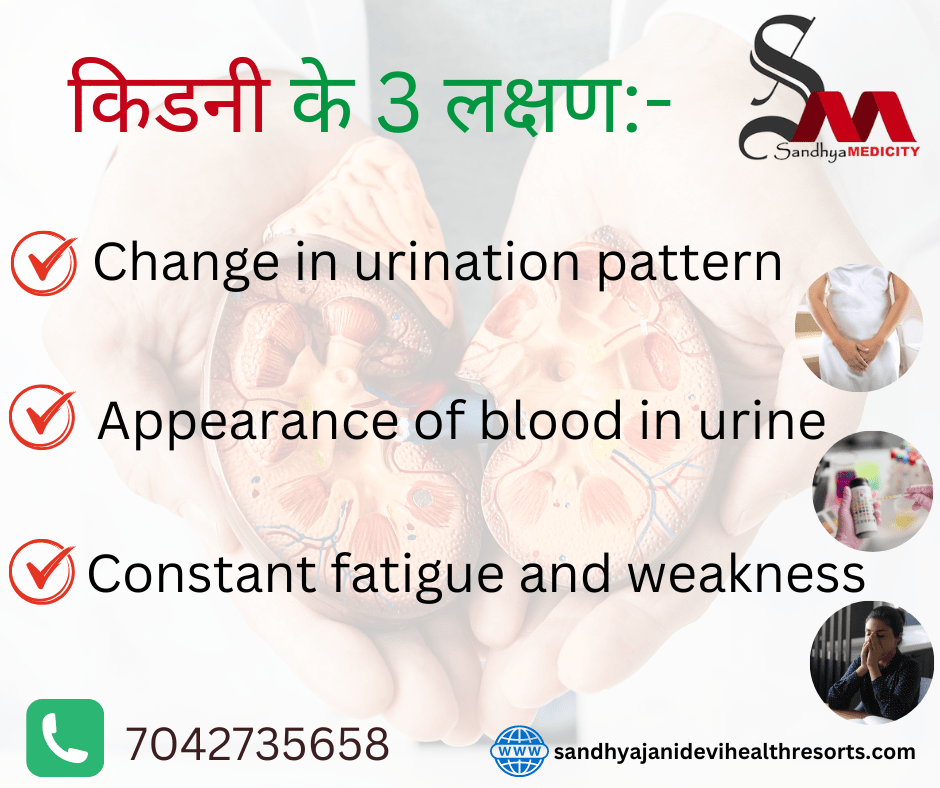Best 5 Side Effect of Chilli in Chronic Kidney Disease ?
Chili is a popular spice that adds flavor and spice to most dishes around the world. However, people who are suffering from chili in chronic kidney disease treatment Why chili is an issue when it comes to chronic kidney disease treatment. Kidney disease is usually diagnosed when the kidneys are unable to filter waste from the bloodstream. This failure can result in an accumulation of waste in the bloodstream that causes tissue damage. Experts suggest that eating spicy food like chilies can increase blood pressure which can lead to kidney damage Learn about 5 Side Effects of chilli in chronic kidney disease treatment: 1. Raised blood pressure High blood pressure levels are a common cause of kidney disease, and consumption of chilies can increase it. Chilies contain capsaicin, an active ingredient that stimulates the nervous system and constricts blood vessels, leading to high blood pressure. If you already have kidney disease, then you should avoid consuming chilies as it can worsen your condition. 2. Abdominal pain and diarrhea Another important side effect of chilies that can worsen your kidney disease is abdominal pain and diarrhea. Eating chillies usually affects the digestive system and the consequences can be fatal for people with kidney disease. Once the kidneys are already suffering from chronic kidney disease, the digestive system also starts to falter. Consuming chillies can be a nightmare for the digestive system, resulting in diarrhoea, cramps and vomiting. 3. Dehydration Chili can also lead to dehydration, which can make your kidney disease worse. Dehydration occurs when the body loses too much fluid, resulting in problems such as the inability to urinate, dizziness, and confusion. If you already have kidney disease, dehydrating yourself even more by consuming chili can be extremely harmful. 4. Impaired Acid Refluxt Acid reflux is a common condition in people with kidney disease. Spicy foods like chili can increase the severity of acid reflux, which can lead to further complications in your kidneys. In addition, the spicy component of chili causes acid reflux and irritation which can worsen the symptoms of kidney disease. 5. PrInflammation Consuming chilies can lead to inflammation, which is a notable effect of kidney disease. Capsaicin, present in chili peppers, acts as a pro-inflammatory agent and can worsen the condition of people with chronic kidney disease. All of these side effects can further damage your kidneys, and it’s important to note that peppers aren’t the only food that can be harmful to your kidneys if you have chronic kidney disease. Other foods such as dairy, processed foods and sugar can also have negative effects on the kidneys. If you are suffering from chronic kidney disease, it is best to avoid or greatly reduce the intake of chillies. If you must include it in your diet, you can use non-spicy chili powder as it contains less amount of capsaicin. It is important to speak with a healthcare provider before making any changes to your diet, especially if you have CKD. chilli in chronic kidney diseasechilli in chronic kidney diseasechilli in chronic kidney diseasechilli in chronic kidney diseaseThey can provide personalized recommendations based on your specific health needs and help you manage your condition effectively. In addition to high potassium levels, consuming chilli peppers may also exacerbate inflammation in the kidneys. This can lead to further damage and complications, which can be difficult to manage. chilli in chronic kidney disease It is important to speak with a healthcare provider before consuming chilli peppers or any other spicy foods if you have CKD. Medical practitioners seem to have different opinions when it comes to consuming chilli peppers in cases of CKD. chilli in chronic kidney disease Some may recommend avoiding all spicy foods, including chilli peppers, due to the potential risks. Others may suggest consuming chilli peppers in moderation, as they may offer some health benefits. Book Appointment
Best 5 Side Effect of Chilli in Chronic Kidney Disease ? Read More »


